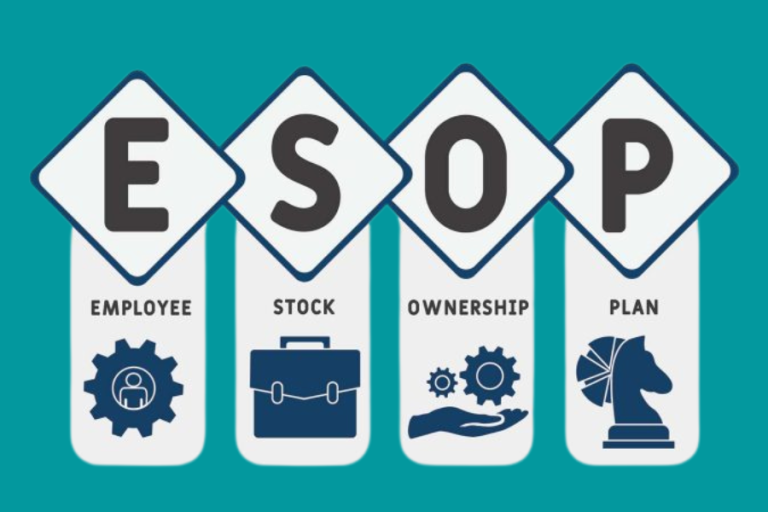
The Benefits of Employee Stock Ownership for Businesses
Deciding on the best benefits package can be a complex task for businesses. While traditional options such as healthcare and retirement funds remain popular, an increasing number of firms are exploring innovative alternatives. One such alternative is employee stock ownership plans (ESOP), a benefit that allows employees to own a portion of the business where they work.
This approach offers tremendous advantages not only for workers but also for the businesses themselves. Below are the key reasons why businesses should consider implementing an employee stock ownership program.
1. Enhanced Employee Motivation and Productivity
Employee stock ownership directly links employees’ financial well-being to the firm’s success, and this has far-reaching effects on worker motivation. As part-owners, employees intrinsically understand that their efforts will directly impact company performance and, consequently, the value of their shares. This understanding is likely to boost their commitment to the business, resulting in increased productivity.
2. Retention of Talent
One of the major challenges businesses face today is talent retention. Businesses can tackle this challenge through ESOP. By offering a stake in the company, businesses create a strong incentive for workers to stay. This is particularly true if shares’ value increases over time. Moreover, ESOP eligibility requirements often specify a vesting period before employees can claim their shares fully, further encouraging long-term employment.
3. Financial Advantages
Employee stock ownership can provide businesses with significant financial benefits. For instance, in the United States, if a company is structured as an S corporation and its ESOP owns 100% of the company’s stock, it can potentially avoid income taxation.
4. Employee Buy-In
Having employees who are also part-owners can strengthen decision-making within the business. Employee stock ownership fosters a culture of transparency and collaboration, as workers have a vested interest in the company’s success. This buy-in can lead to more balanced and considerate decisions that benefit the business in the long run.
5. Business Succession Planning
For company owners reaching retirement age or wishing to leave the business, selling the firm to employees through an ESOP can be a viable exit strategy. This approach ensures business continuity since existing employees who understand the business well can sustain its success.
However, while the benefits are clear, it’s essential to understand the complexities surrounding ESOP. A variety of rules and regulations must be followed to maintain the plan’s tax-advantaged status, and many of these rules are specified on websites like Investopedia.
Investopedia is an excellent resource to refer to for understanding employee stock ownership plans and their implementation. Companies thinking about adopting an ESOP can find comprehensive information on the possible benefits and drawbacks, as well as interpretation of the intricate legal and tax regulations surrounding ESOPs.
Download Bajaj Finserv app
For a smooth and efficient loan process, consider using the Bajaj Finserv app. This app simplifies applying for loans against securities, offering quick approvals and easy document submission. With real-time tracking and instant assistance, the Bajaj Finserv app enhances your borrowing experience, making it convenient to manage and utilize your loan efficiently.
Conclusion:
In conclusion, employee stock ownership can serve as a powerful tool for businesses. When executed correctly, an ESOP can enhance employee motivation and productivity, retain talent, offer financial advantages, increase employee buy-in, and facilitate business succession planning.
However, this is not a one-size-fits-all solution. Each business has unique requirements and circumstances, and what works for one may not work for others. Therefore, businesses should carefully consider their specific situations, consult professionals, and review resources such as Investopedia before deciding to implement an ESOP.
As companies increasingly compete not only for customers but also for employees, adding employee stock ownership to the benefits package could be the innovative edge needed to attract and retain top talent. Businesses must therefore thoroughly familiarize themselves with ESOP and its accompanying requirements and regulations to utilize this tool optimally.


